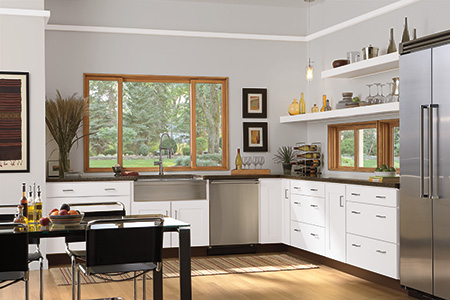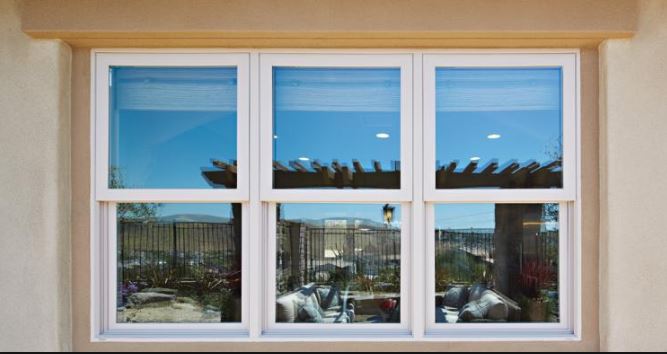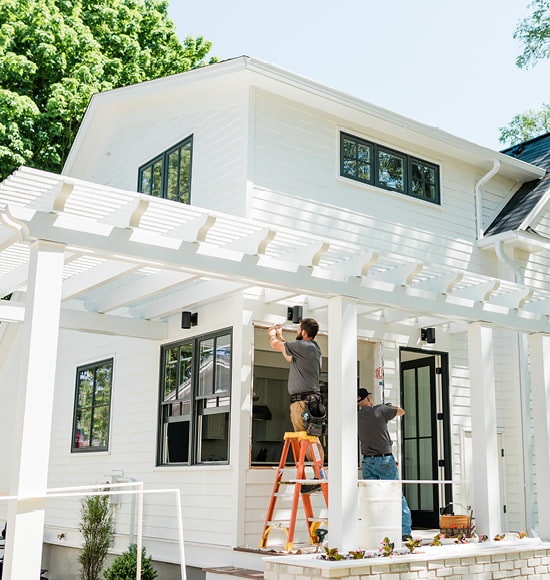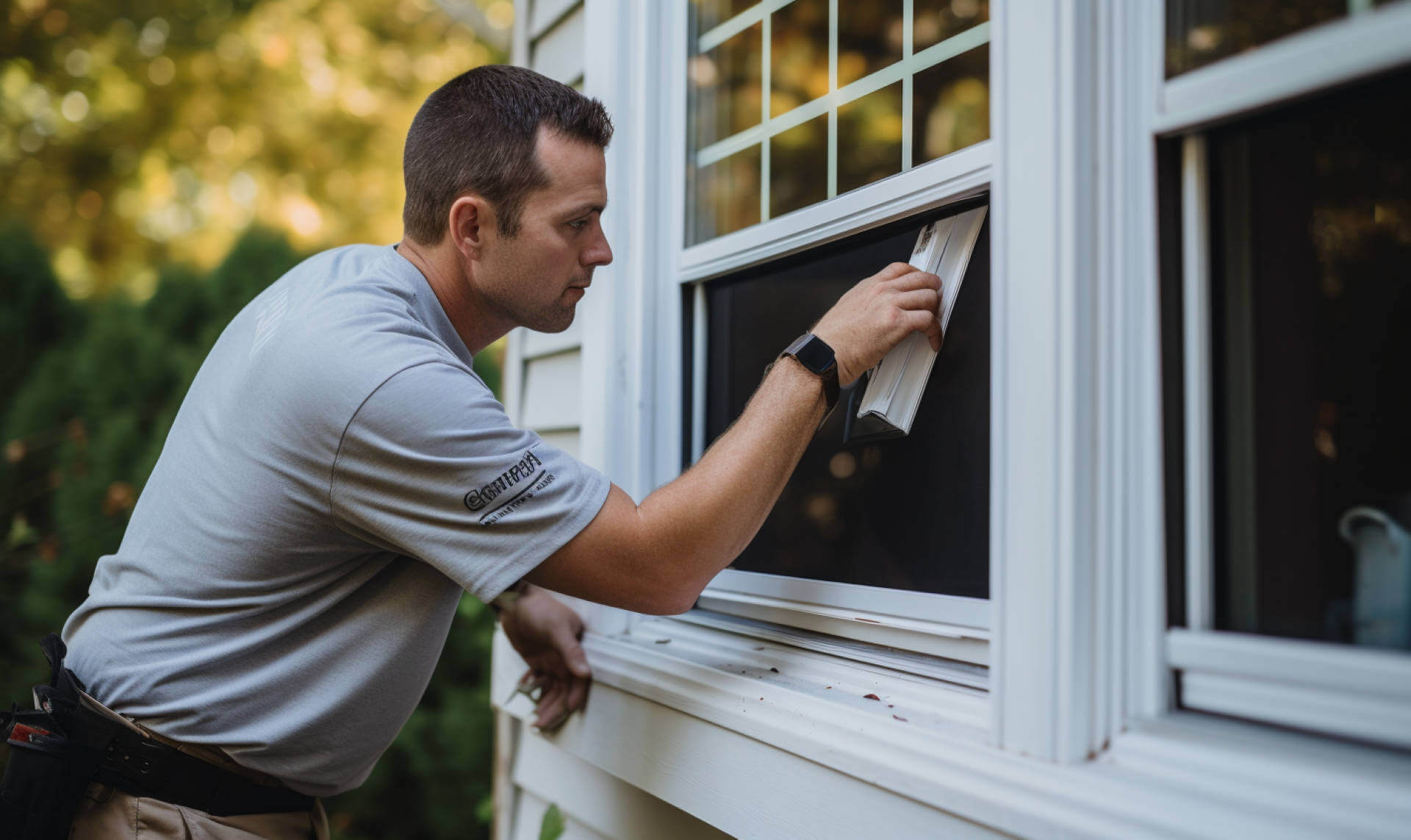Upgrade Your Home With Energy-Efficient Home Window Substitutes
In the world of home renovation, the choice to update to energy-efficient home window substitutes can substantially affect both the performance and appearances of a house. Past the surface area degree of simple appearances, energy-efficient home windows supply a multitude of advantages that go past plain aesthetic charm.
Advantages of Energy-Efficient Windows

The installation of energy-efficient windows provides substantial financial savings on utility expenses while enhancing environmental sustainability. Furthermore, energy-efficient windows can aid manage dampness degrees within the home, decreasing the threat of mold and mildew growth.
Beyond the monetary benefits, energy-efficient windows add to ecological sustainability by decreasing carbon exhausts connected with energy production. In general, spending in energy-efficient windows not just boosts the convenience and effectiveness of a home but also aligns with environmentally aware techniques.
Kinds Of Energy-Efficient Glass
Various sophisticated kinds of energy-efficient glass offer special homes that provide to various needs and preferences in improving the sustainability and performance of buildings. Triple-pane glass, consisting of three layers of glass with insulating gas between them, provides boosted thermal insulation, making it highly energy-efficient. Additionally, self-cleaning glass with a special layer that breaks down and loosens dirt when exposed to sunlight can decrease upkeep requirements and maintain home windows looking tidy.
Variables to Consider When Choosing
When considering energy-efficient home window substitutes, it is important to meticulously analyze specific factors that align with your sustainability objectives and preferred power financial savings. One crucial element to consider is the window's energy performance scores, such as the U-factor and Solar Heat Gain Coefficient (SHGC) The U-factor steps how well the window protects, with lower numbers suggesting far better insulation, while the SHGC indicates the window's capability to block warm from sunshine. Furthermore, the home window structure product plays a considerable function in energy efficiency. Products like fiberglass, plastic, or wood with thermal breaks are outstanding choices for lowering warmth transfer. One more important consideration is the home window design and positioning concerning sunshine exposure. Choosing the right window design and tactically placing them can make best use of all-natural light while reducing warmth gain or loss. Last but not least, setup quality is vital to making sure the windows execute as meant. Proper installation assists avoid air leakage, guaranteeing optimal power efficiency. By very carefully assessing these variables, you can choose energy-efficient home windows that improve convenience, decrease power costs, and profit the environment.
Installation and Maintenance Tips

Routine maintenance is key to maintaining the performance of your energy-efficient home windows. Check the windows periodically for any indications of sealer, wear, or damages degeneration. Clean the frames, tracks, and glass routinely making use of moderate soap and water to eliminate dust and crud that can affect performance. Check the weather-stripping and seals for any type of spaces or rips and replace them if required to preserve the home windows' energy efficiency.
Furthermore, oil moving components such as locks and hinges to make certain smooth operation. By complying with these check it out installation and maintenance pointers, you can improve the energy effectiveness of your home and lengthen the lifespan of your energy-efficient windows.
Cost-Benefit Evaluation of Updating

Energy-efficient home windows are developed to reduce heat transfer, reducing the requirement for home heating and cooling down systems to work overtime. This can result in significant financial savings on energy bills, specifically in areas with extreme temperature levels. In addition, energy-efficient windows can enhance the total value of your home, making it more eye-catching to prospective purchasers if you choose to offer in the future.
When computing the cost-benefit evaluation, factor in the possible cost savings on power expenses, any readily available rewards or discounts, and the life expectancy of the windows. While the preliminary cost might be higher, the lasting savings and advantages of energy-efficient windows make them a clever investment for home owners seeking to improve their residential or commercial property's power efficiency and worth.

Final Thought
In verdict, upgrading to energy-efficient home window replacements supplies various advantages such as reduced power intake, enhanced convenience, and expense financial savings. By selecting the proper kind of energy-efficient glass and considering aspects like frame material and setup, homeowners can make best use of the effectiveness of their home windows. Routine upkeep and proper setup are important for long-lasting efficiency. Overall, the cost-benefit evaluation of updating to energy-efficient home windows shows that the initial investment can bring about substantial savings in look at this now the long run.
When contemplating energy-efficient window replacements, it is important to thoroughly examine certain aspects that line up with your sustainability goals and preferred energy savings. The U-factor measures how well the home window protects, with reduced numbers suggesting much better insulation, while the SHGC indicates the window's capacity to obstruct heat from sunlight. By meticulously reviewing these aspects, you can choose energy-efficient windows that boost convenience, decrease power expenses, and benefit the environment.
While energy-efficient home windows may have a greater ahead of time price compared to standard windows, the lasting browse this site advantages commonly exceed the initial financial investment.In final thought, updating to energy-efficient window replacements uses various advantages such as minimized energy intake, enhanced convenience, and expense financial savings.